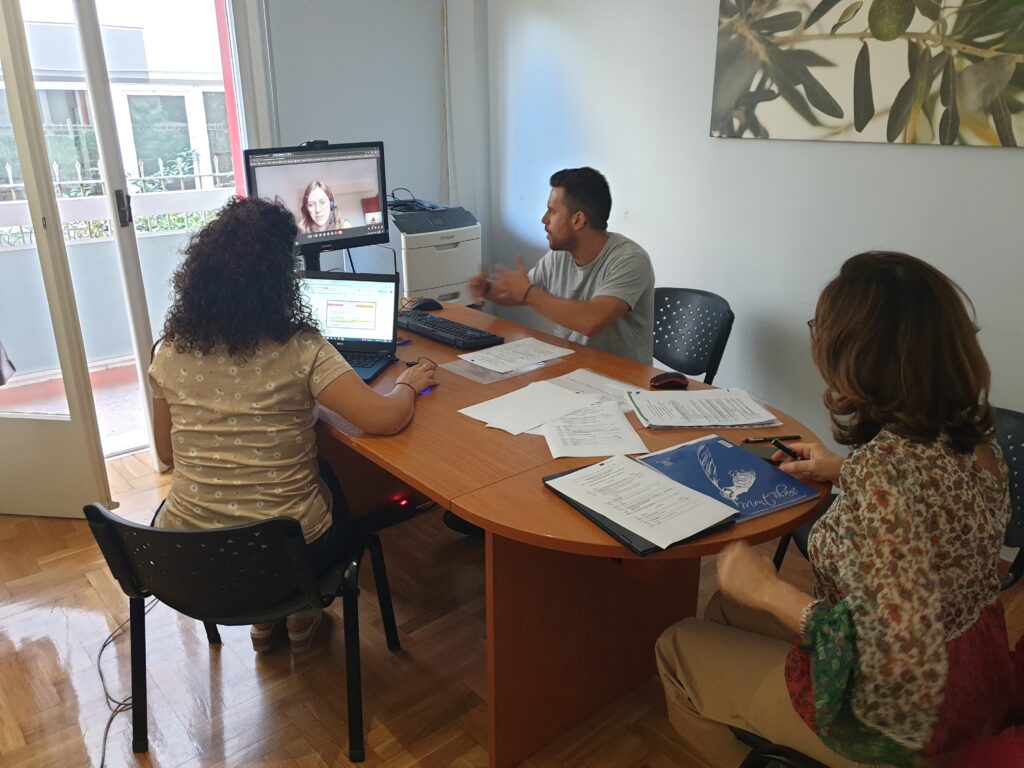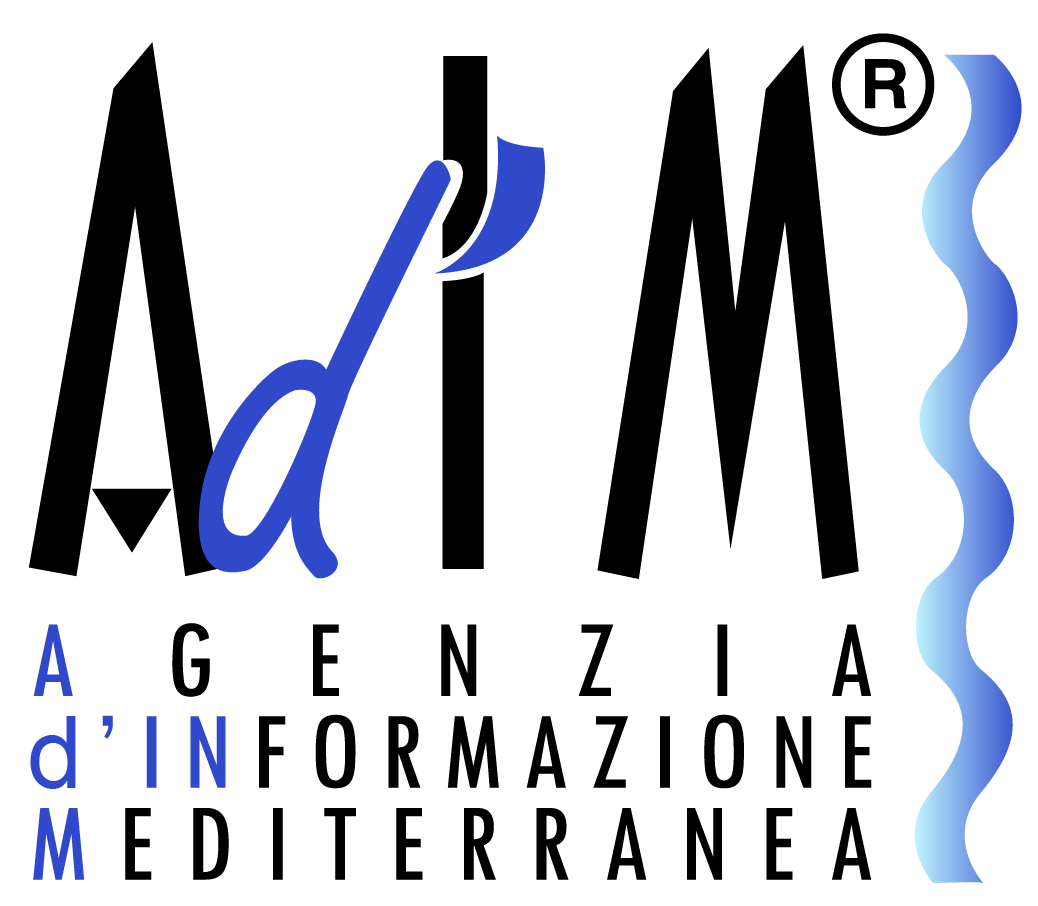
________________
II TRANSNATIONAL MEETING – GREECE
23-24 maggio 2024
within the ERASMUS+ project
TREE – Training and Resources to Enable a green Era
Il 23 e 24 maggio 2024, The second transnational meeting of the Tree project was held in Palaio Faliro, Greece, where the partners have summarized the actions carried out so far and planned the next activities. During the meeting, The progress of the "manual of good practices" has been discussed, which is being defined thanks to in -depth research and analysis of the needs carried out by the partners regarding the best practices for the development of green skills and innovative educational approaches. The national workshop, held in March 2024, has involved experts, Companies and professionals to explore environmental sustainability practices and the green skills of workers. The results of these workshops were analyzed during the meeting, And it was decided to conduct further interviews to deepen the best practices and needs in the field of green skills. The team agreed preliminarily on crucial points such as the target of the training course, Themes for situational scenarios and educational resources. Furthermore, It has been established that by November 2024 Each partner will organize a multiplier event to spread the results of the first phase of the project and test the contents of the training course.
In the days 23 e 24 maggio 2024 the second transnational meeting was held in Palaio Faliro (Greece).
The Partners summarized the actions carried out so far and planned the next activities.
Please note that the "Manual of good practices" is being defined as the result of in-depth research and needs analysis, developed by all partners on best green skills development practices and innovative educational approaches already in use. The last action implemented within the project was the national workshop that each partner carried out in their own country, in March 2024, on environmental sustainability and practices for enhancing green skills, which involved experts, companies or professionals to learn about the best practices already implemented in reducing environmental impact and to learn the current state of workers' green skills.
He teams, during the second transnational meeting, discussed the results of the national workshops by planning a series of interviews to this of some of the participants, in order to bring out the best practices implemented with the greatest possible clarity and, at the same time, the most significant needs for "green" skills.
The outcome of the interviews, combined with the results of the research carried out by each partner in their respective countries, will determine more precisely the key elements for defining the program relating to TREE training course and there situational scenarios. It has been achieved, However, a preliminary general agreement regarding some very important points for achieving the project objectives, among which: the target audience of the training course, the themes for the development of situational scenarios, training materials and resources. Furthermore, it was agreed that by next November a multiplier event will be held in person by each partner to disseminate the results of the first part of the project (manual of good practices) and test some contents of the training course.
__________________
II TRANSNATIONAL MEETING – GREECE
May 23-24, 2024
as part of the ERASMUS+ project.
TREE – Training and Resources to Enable a Green Era.
On May 23-24, 2024, the second transnational meeting of the TREE project took place in Palaio Faliro, Greece, where the partners reviewed the actions taken so far and planned the next steps. The meeting addressed the progress of the “Best Practices Manual,” which is currently being developed through in-depth research and needs analysis conducted by the partners on best practices for green skills development and innovative educational approaches. The national workshops held in March 2024 engaged experts, businesses, and professionals to explore environmental sustainability practices and the current state of green skills among workers. The results of these workshops were discussed during the meeting, and the decision was made to conduct additional interviews to further clarify best practices and pressing needs in green skills. The team reached a preliminary agreement on key aspects such as the target audience for the training course, topics for situational scenarios, and training materials and resources. Additionally, it was agreed that by November 2024, each partner would organize a multiplier event to disseminate the results of the project’s first phase and test some of the training course content.
On May 23 and 24, 2024, the second transnational meeting was held in Palaio Faliro (Greece).
The Partners summarized the actions carried out so far and planned the next activities. It is recalled that the “Manual of Good Practices” is being developed as a result of extensive research and needs analysis done by all partners regarding best practices in green skills development and innovative educational approaches already in use.
The last action put in place as part of the project was the national workshop that each partner held in their country in March 2024 on environmental sustainability and green skills enhancement practices, which involved experts, companies or professionals to learn about the best practices already implemented in reducing environmental impact and to learn about the current state of workers’ green skills.
The team, during the II transnational meeting, discussed the results of the national workshops by scheduling a series of ad hoc interviews of some of the participants in order to bring out as clearly as possible the best practices implemented and, at the same time, the most pregnant needs for green skills. The outcome of the interviews, combined with the results of the research carried out by each partner in their respective countries, will determine more precisely the key elements for defining the program related to the TREE training course and situational scenarios. Preliminary agreement in principle was reached, however, on some very important points for achieving the project’s objectives, including: the target audience for the training course, topics for developing situational scenarios, and training materials and resources. In addition, it was agreed that by next November a multiplier event in presence will be held by each partner to disseminate the results of the first part of the project (good practice manual) and test some contents of the training course.






